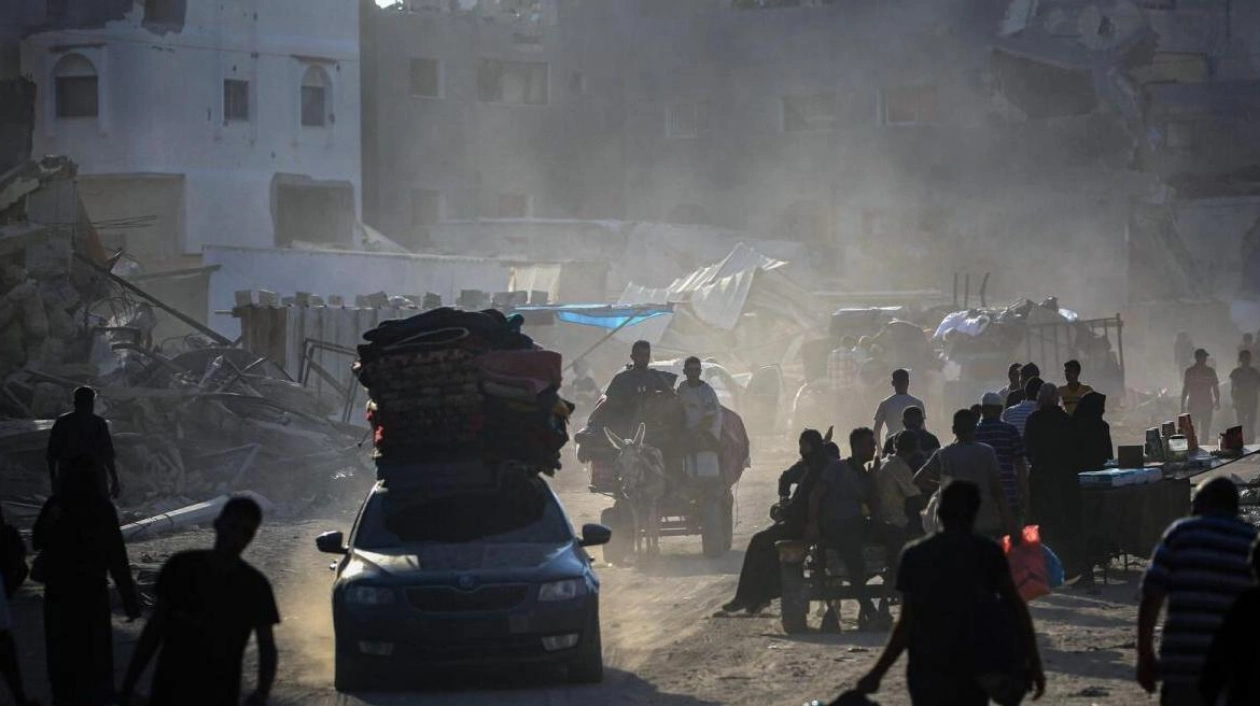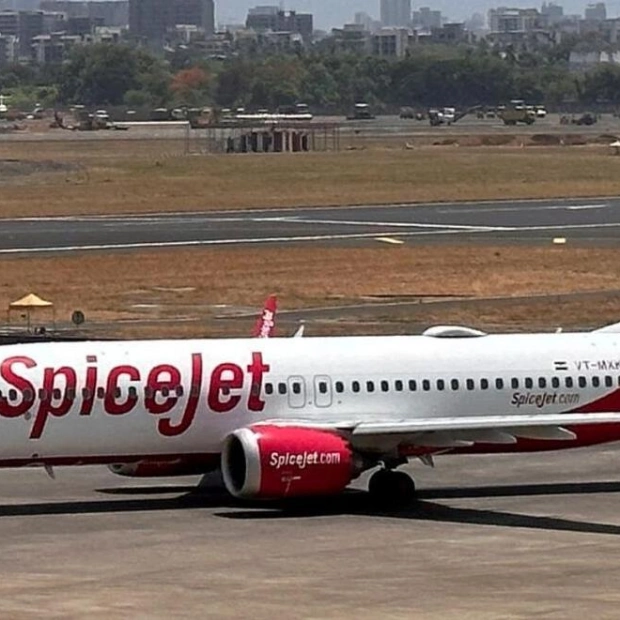On Wednesday, numerous Palestinians sought refuge after evacuating their homes in southern Gaza, expressing grievances over water scarcity as Israel continued its military campaign in the densely populated region. Israeli forces conducted fresh military assaults in the southern city of Rafah during intense clashes with Palestinian militants overnight, according to local residents. Health officials reported at least 12 fatalities from new strikes in central and northern Gaza. Israeli authorities have indicated a reduction in the high-intensity phase of operations against Hamas, the ruling Islamist group in Gaza since 2007, with plans to transition to more focused operations in the ongoing eight-month conflict. However, hostilities persisted overnight in two central Rafah locations, where tanks have occupied several neighborhoods and advanced westward and northward in recent days, heightening concerns for the hundreds of thousands displaced.
The Israeli military confirmed ongoing targeted operations in Rafah, dismantling several military sites and eliminating Palestinian militants. In Maghazi refugee camp in central Gaza, two Israeli airstrikes resulted in five Palestinian deaths, according to health officials. An airstrike in Shejaia, an eastern suburb of Gaza City, claimed four lives and injured 17, as reported by medics. Another airstrike in the southern city of Deir Al Balah targeted a vehicle, causing three fatalities, according to health officials. Deir Al Balah is now home to hundreds of thousands of Palestinians who fled their homes elsewhere in Gaza, facing severe shortages of drinking water and inflated prices for essential food items.
"There is no clean water to drink. We are forced to buy salty or unclean water at a high price," said Shaban, a 47-year-old father of five. "Most of the displaced suffer from abdominal pains and diseases due to the unhealthy water, lack of proper food, and pollution, as many live near sewage pools," he told Reuters via a chat app. The conflict in Gaza erupted when Hamas infiltrated southern Israel on October 7, killing approximately 1,200 people and capturing around 250 civilians and soldiers, according to Israeli records. Israel's retaliatory offensive aimed at eradicating Hamas has claimed nearly 38,000 lives, according to the Gaza health ministry, leaving the densely populated coastal area in ruins. International efforts to broker a lasting ceasefire have so far failed.
The Gaza health ministry reported that an Israeli airstrike on a house in Khan Younis killed Hassan Hamdan, the head of burns and plastic surgery at Nasser Medical Complex, along with his family. The Israeli army did not comment on this report, and Reuters could not immediately verify it. Residents of Khan Younis reported a lack of designated shelters, forcing many families to sleep on the road due to the inability to find tents after Israeli army evacuation orders displaced thousands east of the city. The last operational hospital in the area, the Gaza European Hospital, which had accommodated displaced families and patients, was also evacuated.
"We were told to evacuate the European Hospital. We came to Nasser Hospital, but it was full," said Ali Abu Ismehan, who was injured by Israeli fire and suffered fractures in both legs and the pelvis. "I am staying in the street, waiting for them to find me a place inside (the hospital)," he told Reuters. An Israeli defense official stated on Tuesday that although evacuation orders were issued for the area where the European Gaza Hospital is located, staff and patients were informed they could remain. World Health Organisation Director-General Tedros Adhanom Ghebreyesus described the situation as "devastating," noting that the European Gaza Hospital was out of service when urgent access to healthcare was needed. He mentioned on X that the Nasser Medical Complex was at full capacity and faced shortages of medical supplies and drugs for surgery.






